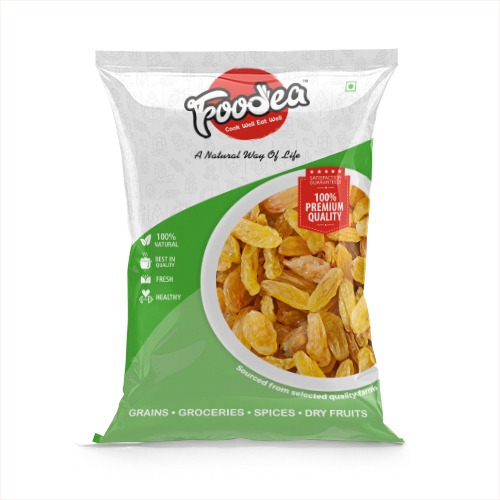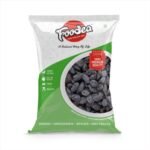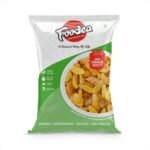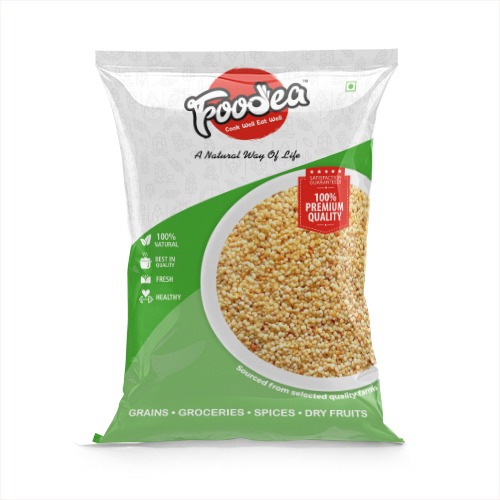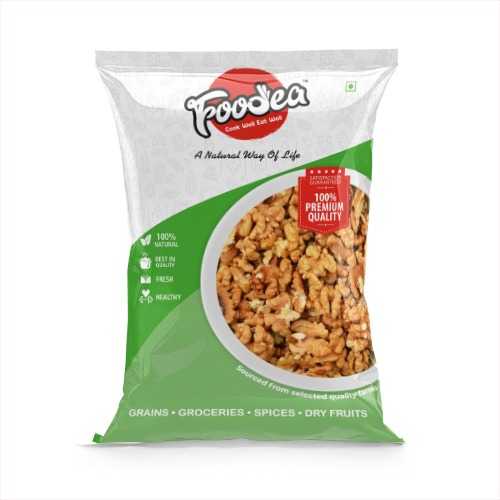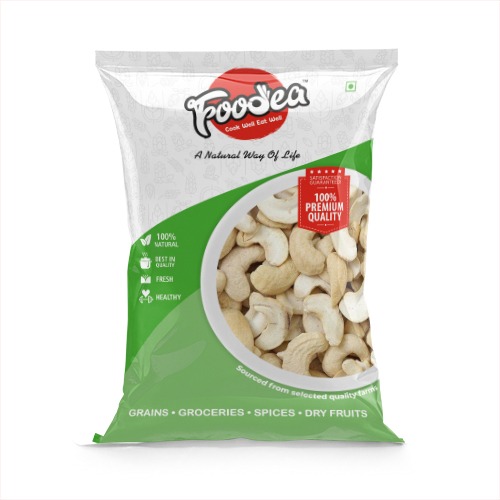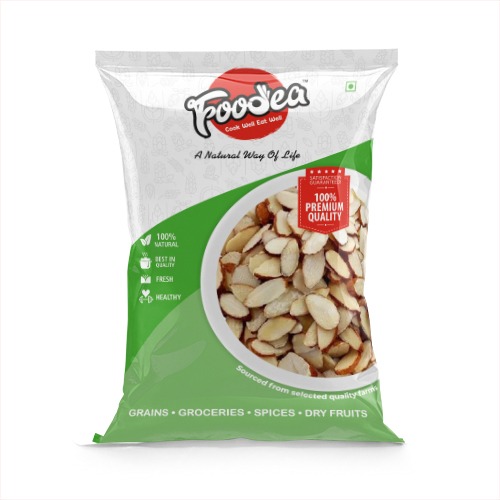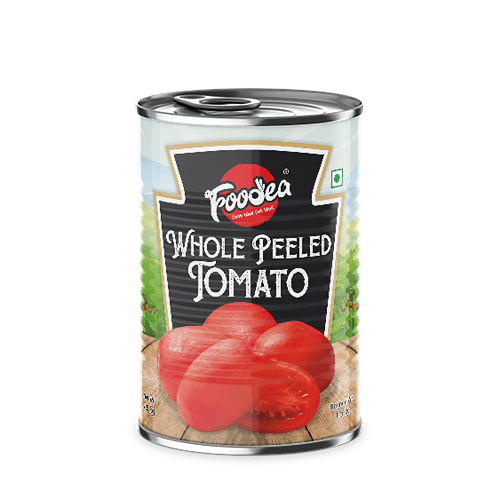Understanding Raisin Variants: Black and White
Raisins, a popular dried fruit, come in various varieties, each with distinct characteristics. Among the most commonly enjoyed types are black and white raisins, both of which are offered by Foodea. These variations not only differ in appearance but also in flavor profiles, nutritional content, and culinary applications.
Black raisins, made from dried black grapes, boast a rich, sweet taste that is often described as deeply fruity. Their unique flavor is complemented by a robust nutritional profile, which includes a high concentration of antioxidants. These compounds are essential for combating oxidative stress and promoting overall health. Additionally, black raisins provide significant amounts of iron, potassium, and dietary fiber, making them a beneficial addition to a balanced diet. In the culinary world, black raisins can enhance the flavor of numerous dishes—ranging from baked goods to savory stews—often serving as a source of natural sweetness.
On the other hand, white raisins, which originate from green grapes, are known for their lighter, subtle sweetness. Their flavor is more versatile, allowing them to adapt seamlessly to both sweet and savory recipes. Nutritionally, white raisins are rich in vitamins and minerals, including B vitamins, calcium, and iron. This makes them a popular choice for those looking to elevate their meals without overpowering other flavors. They are particularly favored in salads, baked goods, and as a delightful addition to pilafs, imparting a gentle sweetness that complements a broad spectrum of ingredients.
Foodea prioritizes quality and sustainability in both black and white raisin sourcing and production processes. They adhere to strict quality standards, ensuring that customers receive premium raisins that not only meet but exceed expectations. By understanding the distinctions between these two raisin variants, consumers can make informed choices to incorporate them into their cooking and baking endeavors, thereby enriching their diets.
The Journey Towards Global Distribution
Foodea’s ambition to expand the global distribution of its raisin variants, specifically black and white raisins, is a multifaceted endeavor that presents both challenges and opportunities. The company recognizes that entering international markets requires a comprehensive understanding of various import regulations that can significantly impact their distribution strategies. Each country has its own set of rules governing food imports, which could affect the ease with which Foodea can establish itself in new markets.
In addition to regulatory challenges, consumer preferences vary widely across different regions. Understanding these preferences is crucial for Foodea, as it seeks to cater its offerings to meet the needs of diverse populations. Cultural factors play a significant role in the consumption of dried fruits, and Foodea aims to conduct thorough market research to tailor its marketing strategies effectively. This understanding will enable Foodea to position its products to resonate with consumers while also highlighting the health benefits associated with raisins.
Moreover, competition is an inherent aspect of the agricultural and food sector. Foodea faces basic and innovative competition from other brands already present in the global market. To overcome these challenges, Foodea is exploring strategic partnerships with local distributors and retailers who can facilitate easier access to regional markets. By collaborating with established names in the industry, Foodea can leverage existing distribution networks, potentially accelerating its entry into new territories.
Another focus for Foodea is the implementation of marketing initiatives that resonate on a local level. This can include tailored advertising campaigns that emphasize the unique qualities and health benefits of their raisins. A localized approach will likely enhance the brand’s consumer engagement. Overall, understanding regional tastes and preferences, while establishing strong partnerships and marketing strategies, is vital for Foodea’s objective of achieving global distribution and promoting brand growth and sustainability within the marketplace.


